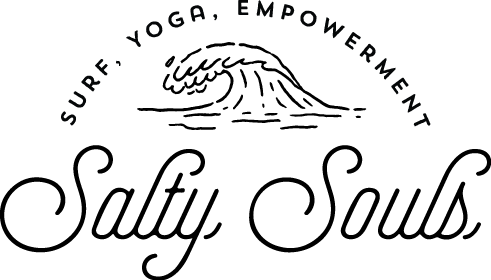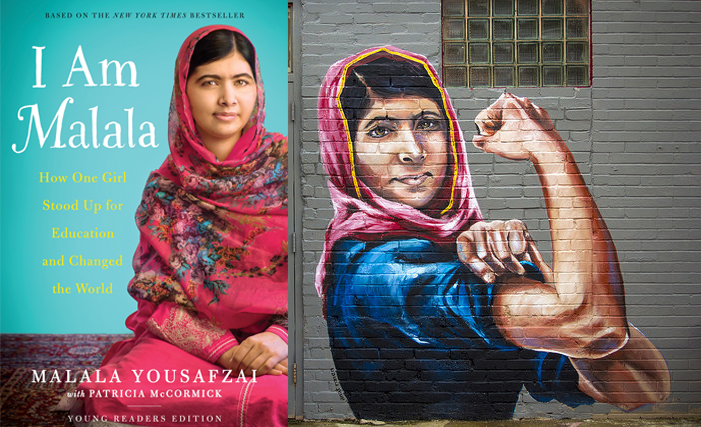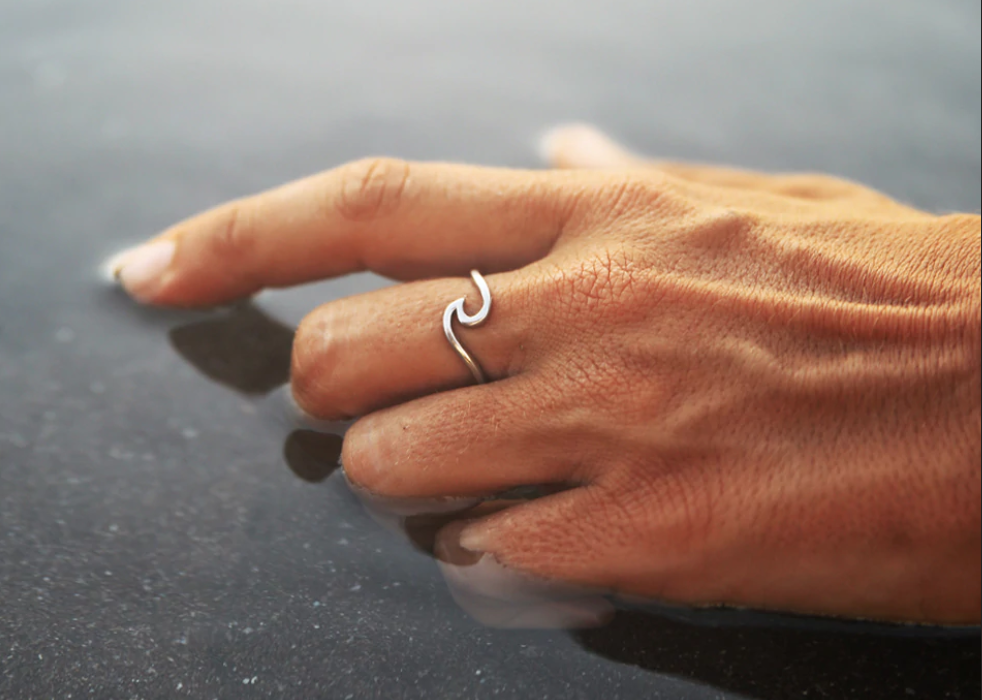“We realize the importance of our voices only when we are silenced.”
I find I often take the power of my voice for granted, as well as my right to even have one. At fifteen years old, Malala Yousafzai was shot in the face by the Taliban for using hers. But at seventeen she retaliated with her book, I am Malala.
I am Malala is a moving memoir written by Noble Peace Peace Prize co-recipient and journalist Christina Lamb. The story begins the book with a raw account of the moment her life flashed before her eyes.
“My friend later told me the gunman’s hand was shaking as he fired.”
Pakistan is a country of over 192 million people, over 300 languages, an abundance of religious practices as well as a range of diverse cultures. To Malala, her home of the Swat Valley was one of the most beautiful places in the world – her early childhood a stark contrast to the life the Taliban later controlled. A place that would soon be overtaken with Taliban authority to gain control of her greatest passion – her right to an education.
“ ‘Let us pick up our books and our pens,’ I said. ‘They are our most powerful weapons. One child, one teacher, one book and one pen can change the world.’ ”
The weight of Malala’s intelligence is enough to inspire. Her profound thoughts analyzing the complexities of religion and controversial politics translates to wisdom and power far beyond her years; a young woman who honors her home of the Swat Valley as well as her dedication to Islam. She finds a way to respect both while incorporating the potential of a progressive society where women are treated as equals.
The Taliban began their terror in the school system by using fear to influence girls to stop attending. When Malala asks why they don’t want girls to go to school, her father replies, “They are scared of the pen.”
Unlike so many young Pakistani women, Malala was raised to see the strength and power of her sex. She speaks of being supported from birth by proud father Ziauddin Yousafzai, who she says lifted her up and showed her off to the community with as much pride as if he had been gifted a son. In the book Malala recounts her father’s reaction when he watched her speak on the New York Times documentary Class Dismissed in Swat Valley:
“‘Look at her,’ he said. ‘Don’t you think she is meant for the skies?’
Fathers can be so embarrassing.”
As she continues to paint the picture of her fathers progressive beliefs, the reader can quickly see the similarities between the two. Malala reflects on her fathers dedication to Islam, education and progressive thoughts about women in the Middle East and how it influenced her to grow in a similar direction.
“My father used to say, “I will protect your freedom, Malala. Carry on with your dreams.”
Her friends and family had found comfort in knowing the Taliban had never harmed a child. That was, until one entered a bus asking the question: “who is Malala?”
Her name is Malala, and this is her story.










